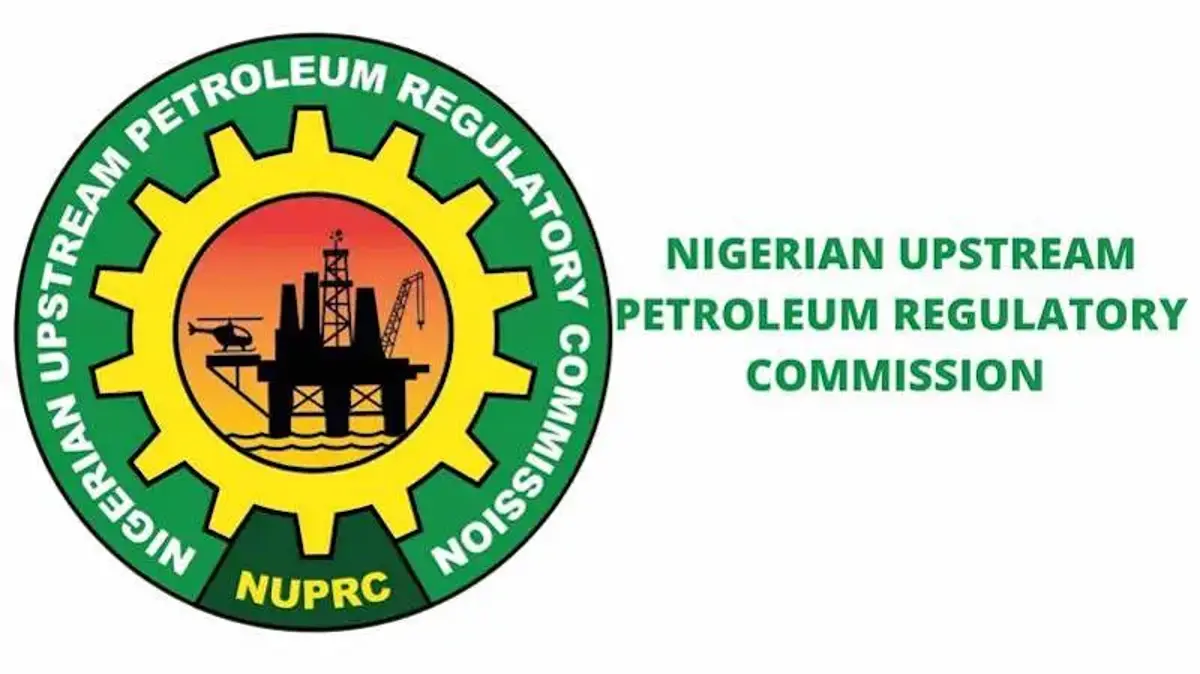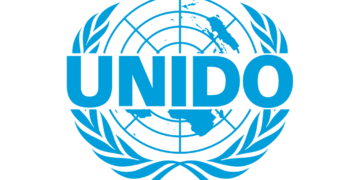The Nigerian Upstream Petroleum Regulatory Commission, (NUPRC), is set to fasttrack the divestment process of the 26 oil blocks in the bid to ramp up the country’s crude oil and gas production.
The Commission, which held an Industry Dialogue with all the parties involved in the divestment process, in Abuja on Friday, has presented two options to parties involved in the divestment transactions for 26 oil blocks, in a bid to quicken the conclusion of the transactions between four International Oil Companies, IOCs, and four Nigerian companies.
A total of 26 blocks are proposed to be divested. These blocks have an estimated total reserve of 8.211million barrels of oil, 2,699 million barrels of condensate, 44,110 billion cubic feet of associated gas and 46,604 billion cubic feet of non-associated gas.
Speaking at a forum ‘Dialogue with CCE on divestment’, organised by the NUPRC, the Commission Chief Executive, Engr. Gbenga Komolafe said the commission was determined to close out the deals as the government continues its effort to ramp up oil production.
The options, he explained, include: “A. Grant of Ministerial consent to the divestments, on the condition that entities will retain liabilities until the Commission’s Investigation is concluded and the liabilities are allocated to the proper party.
“The divesting companies will be required to issue an undertaking to retain the liabilities until confirmation of the release by the Commission of all or part of the retained liabilities.
“B. Ministerial consent will not be granted until the Commission has Identified and assigned all liabilities to the capable party.
“The divesting entities will be required to Issue a waiver, waiving their rights to deemed consent as provided in Section 95 (7) (b) of the Petroleum Industry Act, PIA”.
Engr. Komolafe noted that the first option would ensure that Ministerial consent is received before the end of June while the second option would see the deals concluded in August.
The transactions include the divestment of onshore oil and gas assets operated by Nigerian Agip Oil Company to Oando Plc, Mobil Nigeria Unlimited to Seplat Energy, Equinor ASA to Chappal Energies and Shell Petroleum Development Company to Renaissance Africa.
Oando is seeking to acquire NAOC assets from Eni for the control of OMLs 60, 61, 62 and 63 in a deal worth about $1.3 billion while Seplat is bidding to take over Mobil assets in a deal worth over $1.28 billion. The Equinor divestment to Chappal includes a stake in the prolific Agbami oil field. The biggest deal in the divestment process is the bid by Renaissance to acquire the onshore assets of Shell worth about $2.4 billion.
The CCE said “This is a significant contribution to the nation’s hydrocarbon resources. Additionally, these blocks contain P3 reserves estimated at 5,557 million barrels of oil, 1,221 million barrels of condensate, 14,296 billion cubic feet of associated gas and 13,518 billion cubic feet of Non-Associated Gas.
“These blocks have the potential to significantly boost our national production, which would benefit all stakeholders”, he added.
He insisted that the Commission’s “regulatory goal is to ensure that parties in the divestment process conform to the approved divestment guidelines. We aim to ensure that the companies that take over these blocks have the necessary financial resources and possess the technical expertise required to responsibly manage the blocks throughout their lifecycle in accordance with good asset stewardship practices.
“Furthermore, we must ensure that the inherent environmental, host communities and end-of-life liabilities, i.e. decommissioning liabilities, are accurately identified and assigned to the party best equipped to bear the associated risks. This necessitates a comprehensive understanding of regulatory requirements, industry best practices, and the unique challenges associated with oil and gas operations.
“It is worth noting that a substantial part of the P3 reserves is located in or near producing assets. This means that a competent successor could easily mature them to 2P reserves. Additionally, the current average production from these blocks is 346,290 barrels per day (bpod) (NAOC-28,018 bopd, MPNU-159,378 bopd, EQUINOR-36,155 bopd and SPDC-122,739 bopd), but the technical production potential is much higher – standing at 643,054 barrels (NAOC-147,481 bopd, MPNU-244,268 bopd, EQUINOR-39,203 and SPDC-212,102 bopd).
In his contribution, the Chair, Shell Companies in Nigeria, Osagie Okunbor commended NUPRC for the process put in place to hasten the conclusion of the transactions.
He said while the company would study the options presented by the government, he would prefer that the Minister’s consent was received without conditions attached.




